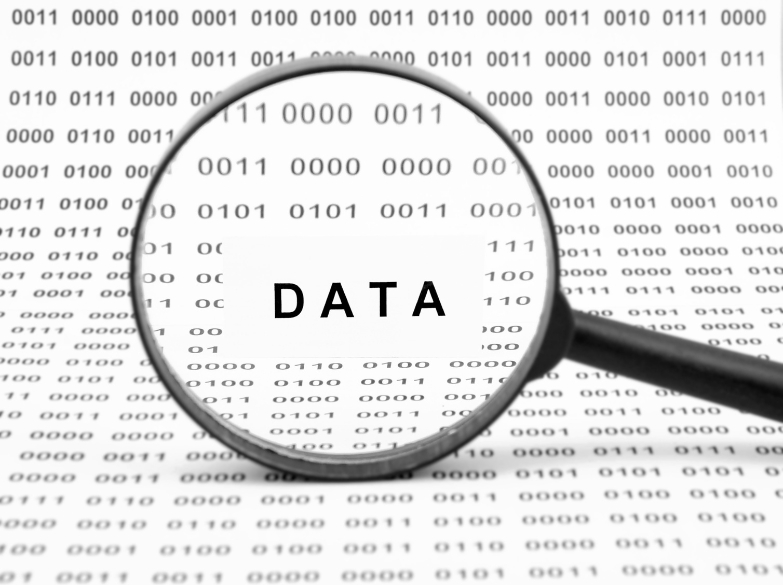
As the data collection methods have extreme influence over the validity of the research outcomes, it is considered as the crucial aspect of the studies
May 2025 | Source: News-Medical
As the world of finance grows rapidly, security is critical. Financial institutions constantly search for new methods to protect sensitive client data from cybercriminals, as well as prevent fraudulent activities. facial recognition for fraud prevention is proving to be a method that many financial institutions find viable. This biometric technology provides a high level of security, facilitates identification processes, and improves customer service.[1] However, there are ethical dilemmas concerning the use of facial recognition technology, particularly in relation to privacy, consent, and bias. This article will discuss the two-sided nature of the use of facial recognition in finance, in terms of security and ethical dilemmas.
Facial recognition is transforming the financial services industry by allowing for quicker, more secure, and more efficient customer engagement. Banks and financial services use facial recognition in a variety of ways.
Facial recognition technology essentially enables financial services to authenticate a customer’s identity by generating a unique identifier based on a distinct feature of their face.
A strong case for the adoption of facial recognition in financial services is security. While knowledge-based credentials (e.g., passwords) can be forgotten, tested, and hacked, a person’s face is both unique and hard to counterfeit. The technology allows for comparing and matching biometric data to pre-stored templates, so only authorized people can view sensitive information.[4]
Also, facial recognition algorithms can analyse behaviour over time—tracking and learning how to distinguish between legitimate users and potential fraudsters by a variety of features, motions, and facial expressions. With the support of image Data collection methods, these systems can be trained to recognize subtle differences in facial cues, adding an extra layer of security to prevent fraud before it occurs. [2]
Example: For instance, facial recognition can detect if a user’s facial features change due to stress or abnormal behaviour, triggering additional verification steps. This helps prevent fraudulent transactions even if login credentials are compromised.
To ensure that facial recognition technology is used ethically in the finance industry, financial institutions must take proactive measures:
Action | Description |
Transparent Policies | Banks must articulate transparent guidelines surrounding the use, storage, and protection of facial recognition data, allowing customers easy access to opt in or out. |
Bias Mitigation | Organizations must develop facial recognition algorithms that have been validated for accuracy in various demographic groups and continue to be monitored for bias. |
Data Protection | Institutions need robust data security (e.g., encryption and secure storage) to protect biometric data, and access should only be provided to authorized staff.[4]
|
Regulatory Compliance | Healthcare institutions must also adhere to compliance with data privacy policies, including the GDPR and CCPA, to properly protect biometric data and mitigate legal risk.
|
Facial recognition technology provides major benefits to improve security, create efficiencies, and mitigate fraud in the financial sector. Yet with the expansion of this technology, it is imperative for financial institutions to take a balanced approach to security and responsibility. Financial institutions can leverage facial recognition technology while honouring their customers’ rights by promoting transparency, reducing bias, and protecting privacy principles. [5]
Now of technology, finding a balance is very important for both innovation and trust. Only then can financial institutions fully find the benefits of facial recognition without a breakdown in ethical responsibility. At Statswork, we help you integrate cutting-edge security solutions with ethical standards. Contact us today to start your journey toward smarter, more secure financial services.
WhatsApp us